THE VOICE FOR THE ENERGY CONSUMER
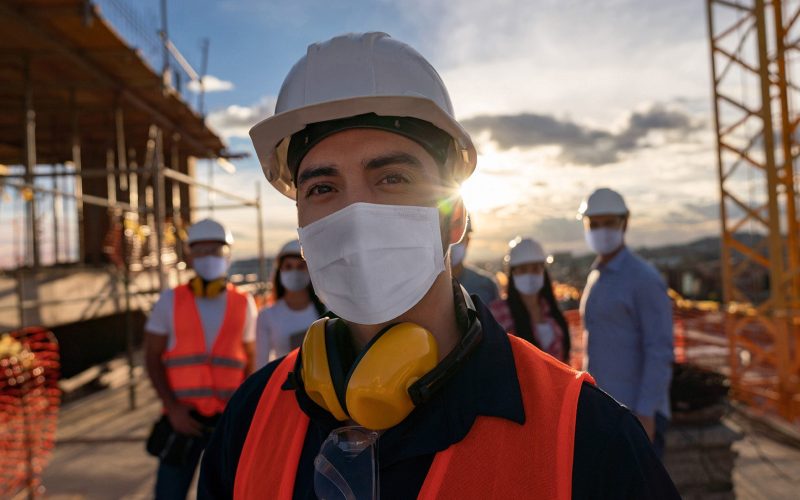
WASHINGTON, D.C. –In response to today’s announcement by the Biden Administration of an order to pause issuing oil and gas leases on all federal lands and waters for an indefinite.
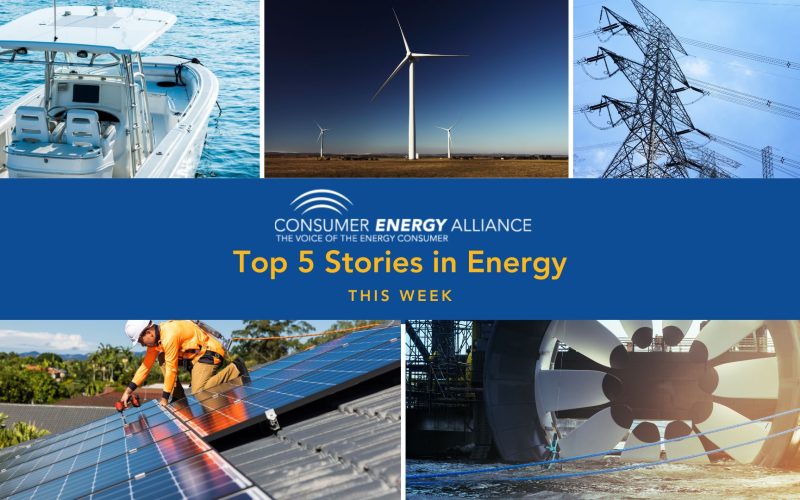
This week was all about politics with Joe Biden and Kamala Harris being sworn in as President and Vice President during the 59th U.S. Presidential Inauguration on Wednesday. President Biden.

Consumer Energy Advocate Expresses Disappointment with Decision to Enact 60-Day Moratorium on Oil and Gas Leases WASHINGTON, D.C. –In response to today’s action by the Biden Administration to halt the.
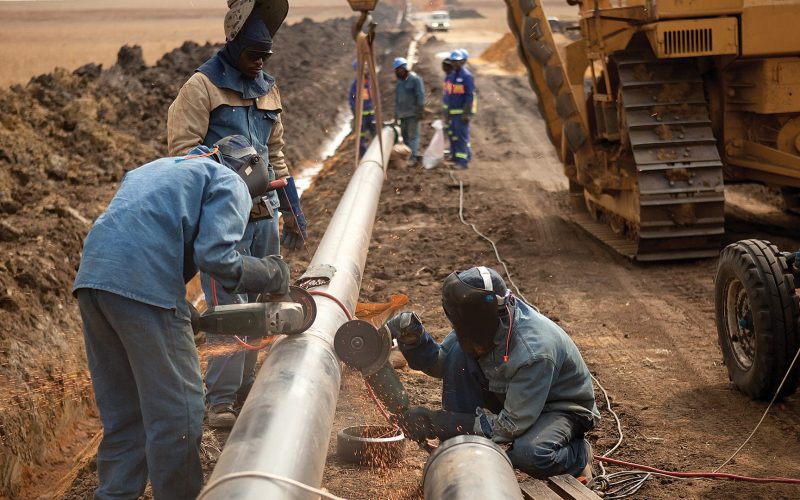
WASHINGTON, D.C. – In response to today’s action by President Joe Biden canceling the Keystone XL pipeline, Consumer Energy Alliance (CEA) President David Holt issued the following statement: “Consumer Energy.
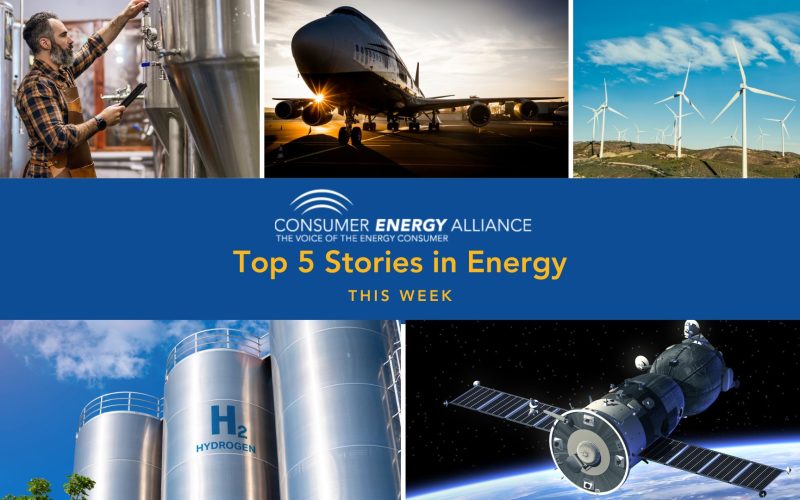
Today everyone was talking about President-elect Joe Biden unveiling his $1.9 trillion coronavirus plan with the goal of speeding up vaccines and increasing financial aid to those struggling from the.

Indianapolis, Indiana – Consumer Energy Alliance (CEA) Midwest Executive Director Chris Ventura released the following statement of support for Indiana House Bill 1191, introduced by Representatives Jim Pressel, Ethan Manning.
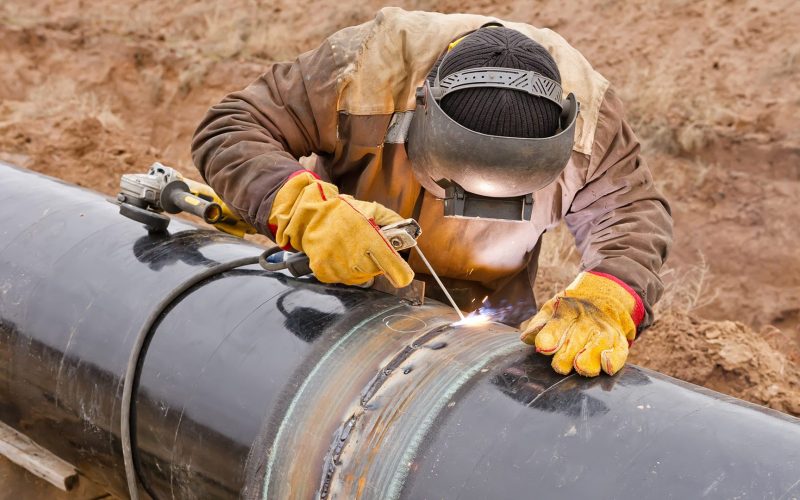
Harrisburg, PA – Consumer Energy Alliance (CEA) Mid-Atlantic Executive Director Mike Butler today submitted testimony in support of the PennEast pipeline at the Pennsylvania Department of Environmental Protection’s Permit Phase.
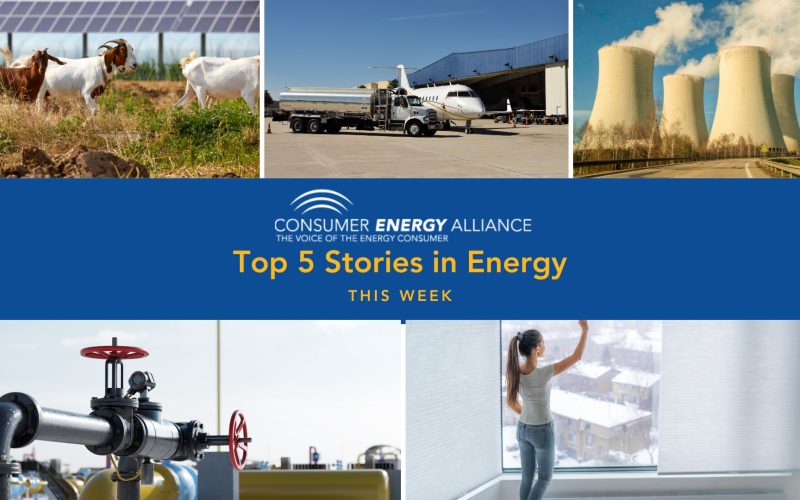
Following Saudi Arabia’s recent pledge to cut output and a global stocks rally as investors began looking past rising coronavirus cases, oil prices hit an 11-month high. These gains occurred.

Leading Consumer Energy Advocate Applauds Action and Encourages Gov. DeWine to Sign SB 33 COLUMBUS, OH – Consumer Energy Alliance (CEA), the leading voice for responsible energy and environmental policies.
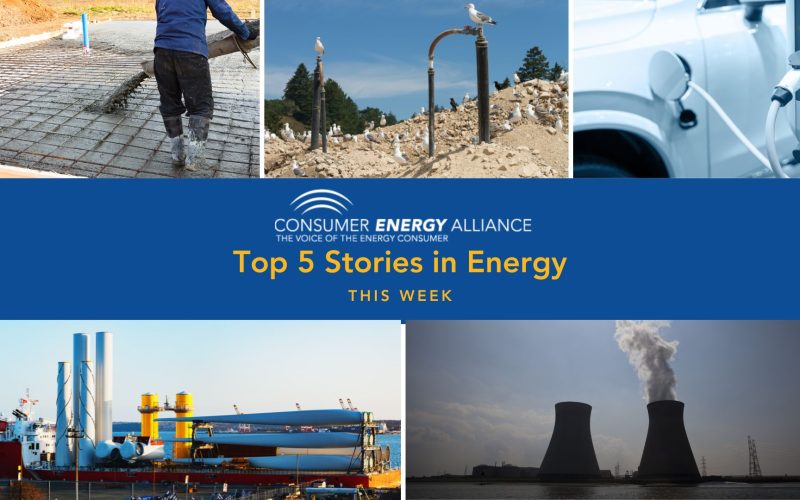
This week health care workers began delivering injections of the COVID-19 vaccine. As the injections commenced, the International Energy Agency projected that it will be several months before coronavirus vaccinations.